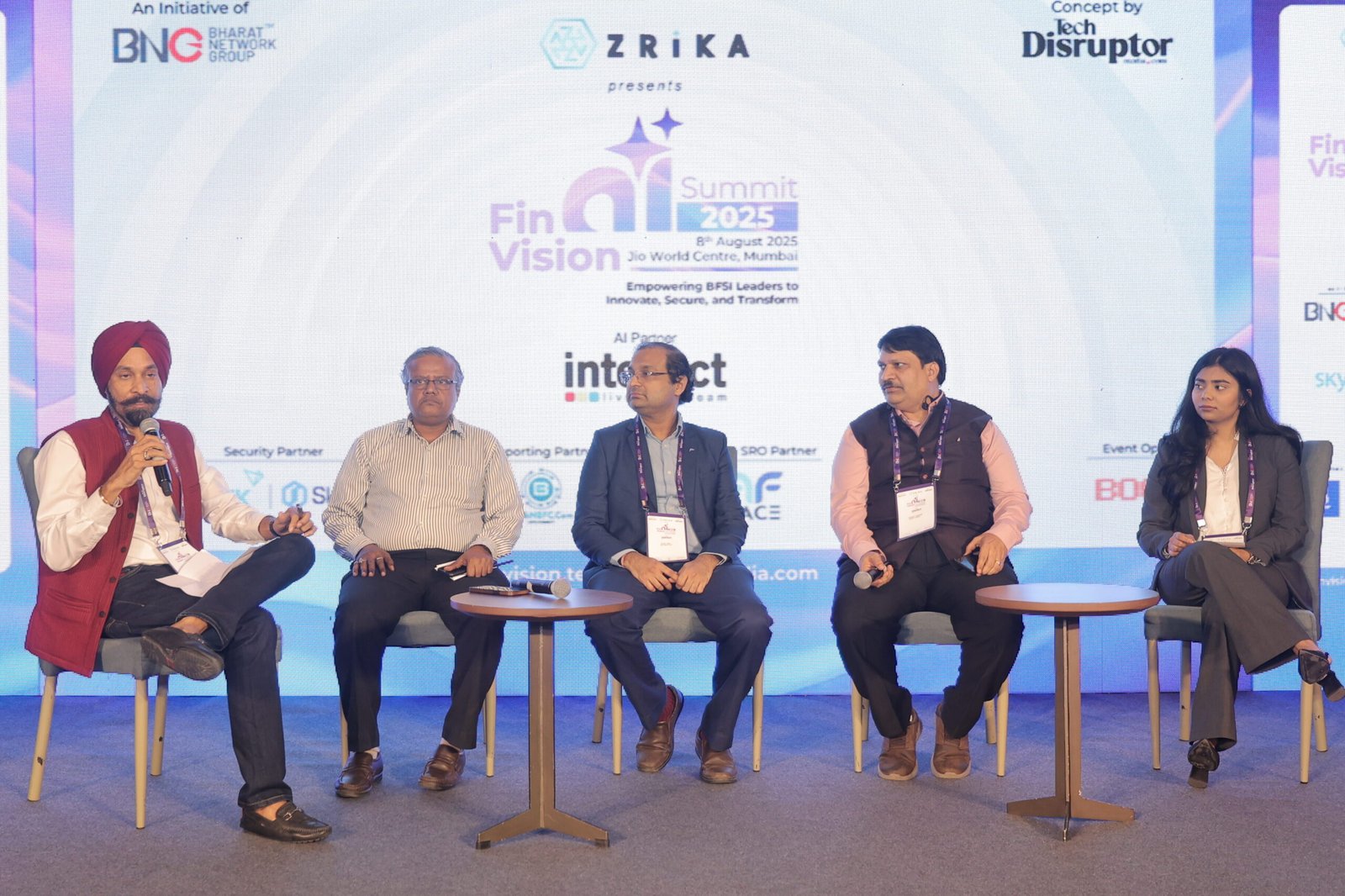The urgent need for scalability in the BFSI (Banking, Financial Services, and Insurance) segment arises from rapid digital transformation, evolving customer expectations, and dynamic regulatory requirements. Financial organizations must efficiently handle surges in user demand, vast amounts of data, and unforeseen market shocks, all while delivering seamless customer experiences and remaining compliant.
Cloud platforms offer the flexibility to scale computing resources, shorten development cycles, and innovate new financial services, making scalability not just a technical goal but a strategic imperative for BFSI players.

The panel, moderated by Jatinder Mohan Singh Shah, CEO of Mantra Capital, included senior leaders such as Kinjal Shah (CTO, Yes Securities), Prashant Deshpande (CDO & CISO, Sriram Finance), Aditya Mishra (CDO, SBM Bank), Yashaswi Malhotra (Head, Data Science & Digital, Liberty General Insurance), and Devanshi Mittal (CTO, Maximo Capital). Each brought unique perspectives from banking, NBFC, insurance, and digital finance sectors at the recently held FinVision AI Summit 2025 in Mumbai.
Young leaders such as Devanshi Mittal at Maximo Capital emphasised that scalability matters more than ever. For financial institutions, growth is only part of the story; being prepared for tomorrow’s shocks, adapting to regulatory change and offering uninterrupted service are now essential.
Cloud platforms, she argued, have shortened the journey from development to deployment. More companies today can offer new services quickly, upsize or downsize technology resources on demand and keep pace with customer expectations.
Yet scale is useless without security. Prashant Deshpande, head of data and security at Sriram Finance, warned that banks must never lose sight of basics, confidentiality, integrity and availability. He recalled a recent episode when a major institution lost access to key email services because of geopolitical turmoil.
Having a fallback is vital; with more than half of critical data stored in cloud mailboxes, sudden disruptions can be catastrophic. Regulators expect rigorous retention and audit protocols, which means institutions must combine bold innovation with routine checks.
Aditya Mishra, who oversees data at SBM Bank, said artificial intelligence and machine learning have long been part of banking but are only now being fully realised thanks to cloud scalability. These technologies are central to onboarding customers, compliance and fraud detection.
Real-time data has become standard, no longer a novelty, allowing faster decision-making and more robust risk management. But Mishra cautioned against treating cloud as a universal fix; selecting the right technology for the institution is where operational excellence begins.
Banks and NBFCs now rely on real-time architectures which coalesce data from multiple sources—credit bureaus, GST systems and core banking, to provide holistic customer profiles and rapid loan decisions. Yashaswi Malhotra noted that these platforms deliver vital early-warning signals and allow nimble management of loan portfolios.
The entire system now moves at speed, but the boundaries of responsibility, between platforms, applications and vendors, must be clearly defined. Regulators hold firms accountable for technical glitches, even those affecting just one percent of clients.
India’s financial industry is mid-way through a transition, driven by demand for secure digital access, regulatory pressure and the spread of artificial intelligence. If the industry is to thrive, technological ambition must go hand-in-hand with prudent oversight. The panel’s consensus was clear: build not just for scale, but for resilience; trust but audit; innovate, but never abandon the basics.





